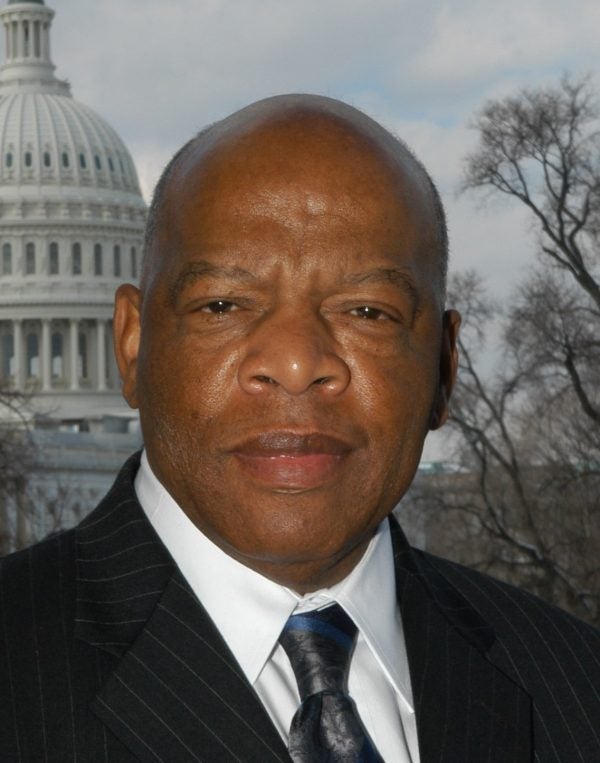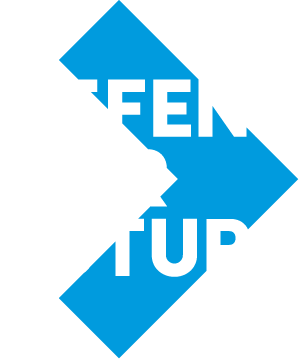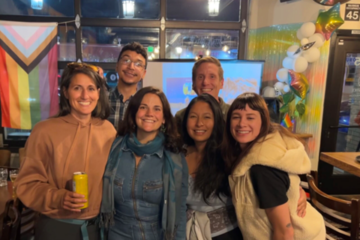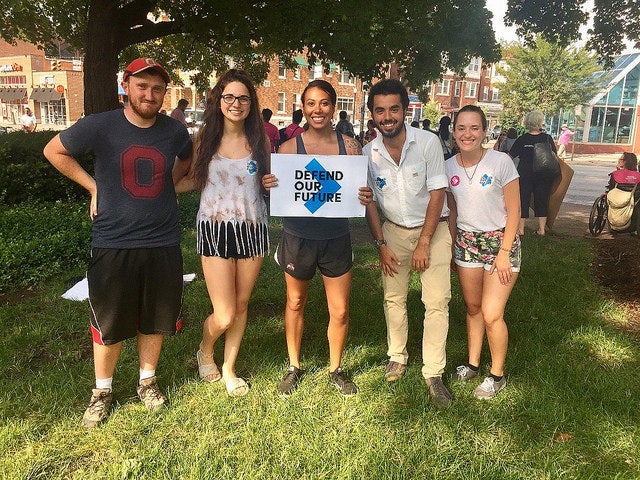
There are innumerable lessons any and all of us can learn from John Lewis, the civil rights icon who passed away this past weekend. His impact on civil rights was beyond measure. His courage and conviction were limitless. Check out some of the pieces that have been written about his legacy if you want to read the story of a full life lived with grace and integrity.
Lewis was still serving in Congress when he died, still working and fighting for justice for all. But reading back on his life, it is remarkable just how many things he accomplished in his youth:
- When he was 21, he took part in the Freedom Rides, where he and others protested segregation at bus terminals by sitting in seats reserved for white people. He was the first Freedom Rider assaulted when he tried to get into a whites-only waiting room.
- He was just 23 years old when he was a keynote speaker at the March on Washington in 1963, the massive protest march where 250,000 people gathered to draw attention to the severe, persistent inequities Black Americans faced.
- From 1963 to 1966, Lewis helped form and then chaired the Student Nonviolent Coordinating Committee. In 1964, that organization led voter registration drives and other community initiatives during what came to be called the Mississippi Freedom Summer.
- In 1965, he and fellow Civil Rights leader Hosea Williams marched across the Edmund Pettus Bridge in Selma, Alabama. They were brutally assaulted by Alabama state troopers. The “Bloody Sunday” confrontation became a watershed moment for the civil rights movement, as coverage of the event around the world sparked outrage. That helped push Congress later that year to pass the Voting Rights Act of 1965.
Every one of these accomplishments listed above? Lewis achieved them all while he was *still in his twenties.* To be sure, he continued to serve the greater good, and deliver huge wins for justice, throughout his life — he had an exemplary career as a U.S. Representative, and he actually introduced the first Environmental Justice bill as a Congressman back in the early 1990s. But it is impossible to ignore just much he got done when he was still a very young man.
He never forgot about the potential young people have to change the world. And he wanted to inspire new generations to follow in his footsteps. He co-wrote MARCH, a graphic novel series about the civil rights struggles of the 1960s that he hoped would educate and motivate a new generation. A few years ago, he even went to Comic-Con cosplaying as himself, wearing the now-iconic trenchcoat and back-pack from the march in Selma. For several years, he led kids around the convention hall in a march!
We hope the many young activists fighting for a better world today find inspiration in Lewis’ example. Each and every one of you who shows up, raises your voice, and makes ‘good trouble’ does his legacy proud. He had this to say about the young climate activists who took part in the climate march last year:
“I want to salute the young people all over America and around the world for rallying the human family around the important issues of climate change. I want to thank them for leading the way, for joining together across all boundaries to demand that leaders use their power to save this planet for generations yet unborn.”
Our country, and planet, are at a crossroads. Climate change threatens our world if we don’t act quickly. The pandemic has battered us. Protests against racial injustice continue — proof that for as much as progress as we’ve made since Lewis’ landmark civil rights accomplishments in the sixties, we still have a long, long way to go. The seriousness of the challenges that remain in front of us can’t be understated.
As John Lewis said, just last month:
“I feel sometimes that there’s much more that we can do, but we’ve got to organize ourselves and continue to preach the politics of hope, and then follow our young people, who will help us get there. And we will get there. We will redeem the soul of America. We will create the loving community in spite of all of the things that we witness.”
So it is up to us, and the generations that follow, to carry on this work — to bend the moral arc of the universe towards justice, and to ensure that everyone has a safe and sustainable future. As Lewis and a generation of his peers proved, young people have changed the course of history before. And we can do it again.
– The Defend Our Future Team




